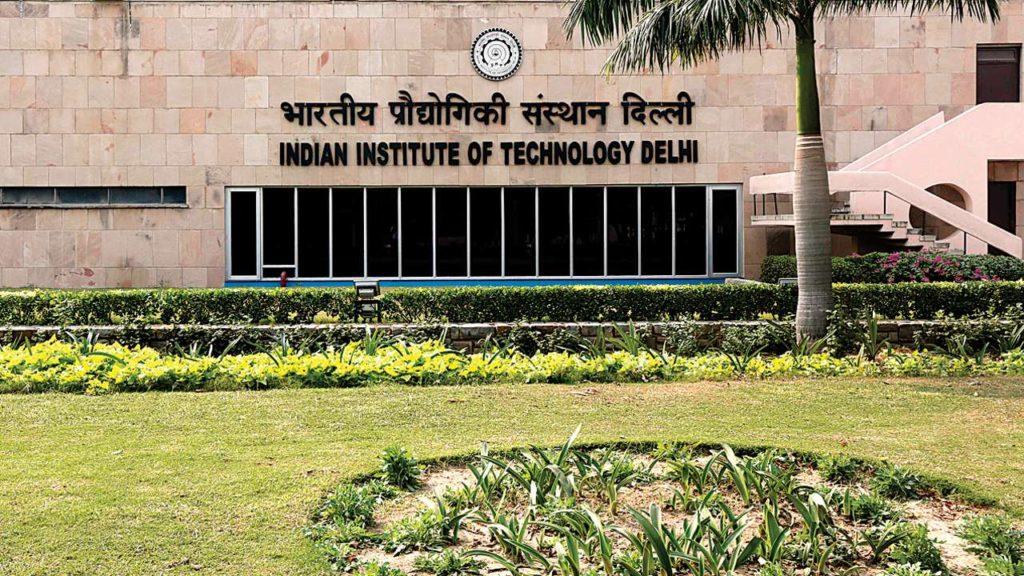Premier higher education institutions like IITs, NITs and other centrally sponsored universities will increase the number of seats by 25 percent to implement the quota for economically weaker sections (EWS) from the upper castes. The IITs have a total of 12,000 seats as of now, the institutes will have to add 3,000 additional seats to accommodate students in EWS from the upper castes. Therefore, the total number of seats in the IITs will reach 15,000 in the coming years. A balance between the upper caste quota and the SC/ST/OBC reservations needs to be maintained and an increased number of seats is a necessary requirement for this to happen.
“Institutes will have to make their own estimate as to how many seats they will increase so that the SC/ST/OBC reservation is not disturbed and at the same time, the additional 10 per cent is covered,” said a senior HRD ministry official. “We have a rough estimate of the numbers that will go up in centrally-run institutes such as the IITs. Currently, the intake of students in the IITs is 12,000 and will go up to 15, 000,” . These institutes will be given two years’ time to make provisions for infrastructural arrangements and other facilities to implement the quota properly. The government will also bring a separate bill to implement upper caste quota in private universities. The 10 percent quota for EWS among upper caste will be implemented in nearly 40,900 higher education institutions including private and public.
Regulatory bodies like the Medical Council of India (MCI) and the All India Council for Technical Education (AICTE) have been created to verify the seats in medical colleges and technical education institutions and enable them to implement the upper caste quota. Although there are thousands of engineering colleges that are able to meet the required quota, these institutes need to adjust the number of reserved seats to implement 10 percent upper caste quota. Earlier, Human Resource Minster, Prakash Javdekar, promised to increase the number of seats in both private and public institutions and increase the number of seats.
“From the 2019 academic session, we will implement the 10% EWS reservations in both private and public institutes. There are 900 universities and 40,000 colleges which will reflect the implementation in the prospectus of 2019. We have more than four million students pursuing higher education. The number of students will increase,” said Javdekar. “If we have 100 students going for education, with this quota we will have 125 pursuing higher education. The implementation of the new rule will not disturb the existing reservation policy for SC/ST and OBC,” he added.
The previous quota system alienated the upper castes because it was strongly inclined towards social justice rather than natural justice. The EWS among the upper castes felt disenchanted as reservations only widened the gap between the reserved and unreserved castes. The reverse discrimination against people for being born to a particular caste created unrest in society. For example, if two friends, belonging to the same economic background but inheriting different caste identity, prepare for an entrance exam or a job and score almost the same marks, one of them gets selected just because s/he belongs to a so-called ‘marginalized community’ and resentment seems justified. Hence, the Modi government brought in quota for EWS among upper castes.
